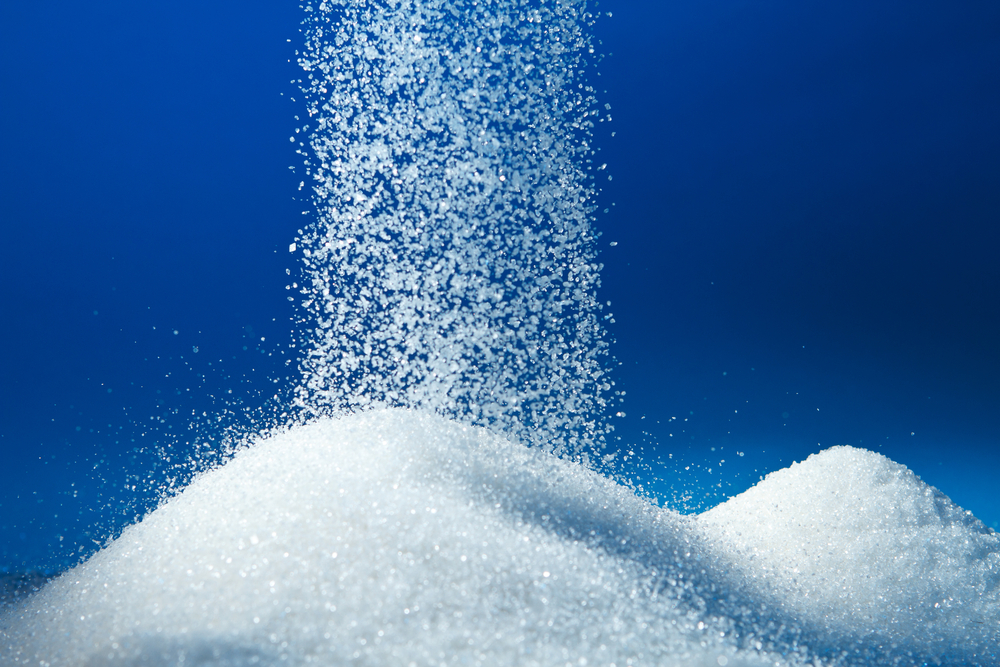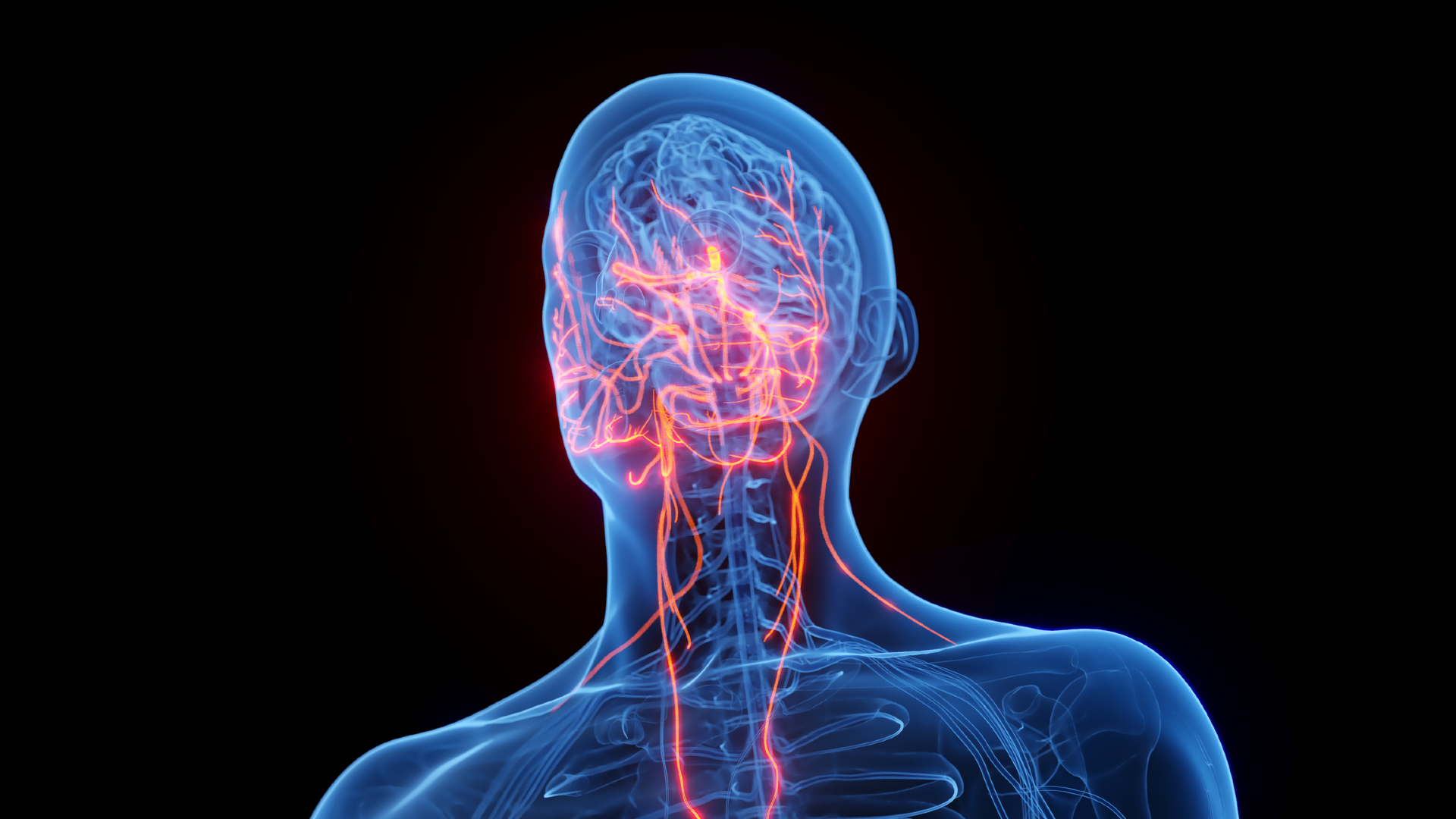How Safe Is Splenda? Group Urges Caution for Artificial Sweetener

Get the world’s most fascinating discoveries delivered straight to your inbox.
You are now subscribed
Your newsletter sign-up was successful
Want to add more newsletters?

Delivered Daily
Daily Newsletter
Sign up for the latest discoveries, groundbreaking research and fascinating breakthroughs that impact you and the wider world direct to your inbox.

Once a week
Life's Little Mysteries
Feed your curiosity with an exclusive mystery every week, solved with science and delivered direct to your inbox before it's seen anywhere else.

Once a week
How It Works
Sign up to our free science & technology newsletter for your weekly fix of fascinating articles, quick quizzes, amazing images, and more

Delivered daily
Space.com Newsletter
Breaking space news, the latest updates on rocket launches, skywatching events and more!

Once a month
Watch This Space
Sign up to our monthly entertainment newsletter to keep up with all our coverage of the latest sci-fi and space movies, tv shows, games and books.

Once a week
Night Sky This Week
Discover this week's must-see night sky events, moon phases, and stunning astrophotos. Sign up for our skywatching newsletter and explore the universe with us!
Join the club
Get full access to premium articles, exclusive features and a growing list of member rewards.
The artificial sweetener sucralose (sold under the brand name Splenda) could potentially pose health risks, so it needs to be better understood before the sweetener should be assumed to be safe, one advocacy organization says.
The Center for Science in the Public Interest, a nonprofit watchdog group, said today that it was downgrading its safety rating of sucralose from "safe" to "caution," meaning that the additive "may pose a risk and needs to be better tested."
The change was spurred by a recent study from researchers in Italy that found that sucralose caused leukemia in mice, according to the CSPI. This study has not been published, and needs to be reviewed by other scientists to determine whether the findings are credible.
While sucralose may turn out to be safer than other artificial sweeteners, "the forthcoming Italian study warrants careful scrutiny before we can be confident that the sweetener is safe for use in food,” said CSPI executive director Michael F. Jacobson.
The CSPI recommends people avoid the artificial sweeteners saccharin (Sweet ’N Low), aspartame (NutraSweet and Equal), and acesulfame potassium (Sunett and Sweet One).
The issue of whether artificial sweeteners pose health risks is controversial. Many of the studies showing risks, including the new Italian study, have been done in animals, and it's not known whether the same effects would be seen in humans.
In addition, rodents, like humans, may develop cancer as a result of old age, and not exposure to chemical additives. This issue has caused some to question the results of studies showing that aspartame-fed rats are at increased risk for cancer over their lifetimes.
Get the world’s most fascinating discoveries delivered straight to your inbox.
Even the CSPI says that it considers drinking diet soda, which often contains artificial sweeteners, to be safer than drinking regular soda. Regular soda "poses the greater and demonstrable risks of obesity, diabetes, heart disease, gout, tooth decay, and other health problems," the CSPI said in a statement.
To avoid both the risks of sugar and artificial sweeteners, the CSPI recommends drinking water, seltzer water, flavored unsweetened waters, seltzer mixed with some fruit juice or unsweetened iced tea.
It's worth noting that the CSPI also gives caffeine a safety rating of "caution." Caffeine "keeps many people from sleeping, causes jitteriness, and affects calcium metabolism," the CSPI says.
According to Johnson & Johnson, which markets Splenda, "more than 110 studies conducted over 20 years have proven the safety of sucralose."
Editor's Note: This article was updated on June 13 to include statements from Johnson & Johnson.
Follow Rachael Rettner @RachaelRettner. Follow LiveScience @livescience, Facebook & Google+. Original article on LiveScience.com.

Rachael is a Live Science contributor, and was a former channel editor and senior writer for Live Science between 2010 and 2022. She has a master's degree in journalism from New York University's Science, Health and Environmental Reporting Program. She also holds a B.S. in molecular biology and an M.S. in biology from the University of California, San Diego. Her work has appeared in Scienceline, The Washington Post and Scientific American.
 Live Science Plus
Live Science Plus










